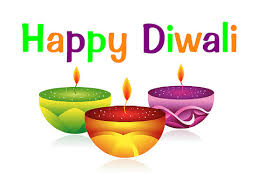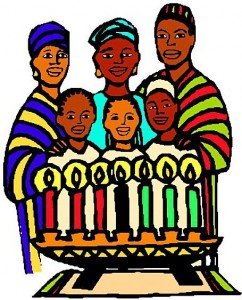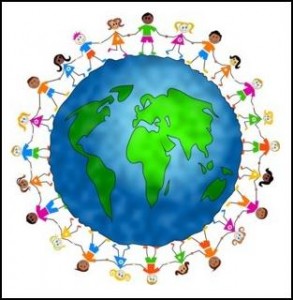 Kindergarten Newsletter
Kindergarten Newsletter
November 14 – December 9
Important dates:
* No School on November 23 – November 27th
*Also No School on November 28th for Elementary School children. This is an Elementary Plan Day.
*PLC Day on November 29th– Students will be dismissed at 1:33.
* December 12th: Last Day to donate a toy to Cedars for our Kindergarten Service Project. Please send the new toy unwrapped to Cavett. (Please refer to the green Friday folder note from 11-11-16).
Reading: Unit #4 Around the Neighborhood
Literature: Whose Shoes?, What Can You Do with a Paleta? , ROADWORK
Letters: Oo, Dd, and review (Ii, Nn, Kk, Oo, Dd)
New Sight Words: you, do
Review sight words: to, and, go, you, do (Need to read & write)
Grammar: complete sentences
*****Blend/read a list of 5 nonsense words in 50 seconds or less
Math: # Partners through 6 (ex: 6= 5+1, 1+5, 3+3, 4+2, 2+4, 0+6, 6+0), Attributes, Patterns, Teen #’s 11 – 20 (identify, count objects, and write #’s), Equal Groups and Not Equal Groups
-In Math we have been working on “Math Talk”. This is where we use questions to have students explain their math thinking and reasoning. Many times when we ask students how they got their answer they will say they just knew it. We want our students to be able to share and explain how they got their answer. Some of the questions we might ask are How did you know?, Why?, Does your answer make sense?, What strategy did you use?, How did you get your answer?, What did you need to find out?, What did you notice?, Is there another way?, What will you try? Feel free to encourage math talk at home with your child.
BIST: This month our school-wide BIST focus will be on:
* Review Hallway Expectations
* Review School Assembly/Audience Behaviors
* Review Cafeteria and Playground Expectations
* Review how to fill out Think Sheets
*Review Safe Seat/ Buddy Room Expectations
Science: 5 Senses
Health: Drug Safety, Healthy choices
Social Studies: People and Celebrations
This is the time of year when many of us celebrate special holidays. In Kindergarten, we enjoy learning about different celebrations from around the world. During the months of November and December, the kindergarteners will be learning about many different celebrations from around the world. This is part of our social studies curriculum for kindergarten. We would like our students to be aware and sensitive to the celebrations of others. The celebrations we will be learning about in our classrooms are listed below. If you have any questions or concerns about any of the celebrations, please let us know. Also, if you would be interested in coming to the classroom to share about any of these celebrations, please let us know.
CELEBRATIONS AROUND THE WORLD
In India, the Hindu Festival of Lights is called Divali. During this celebration, special clay saucer lamps are lit and set out on rooftops and along roadsides and riverbanks. In some areas, the lamps are set afloat in rivers. It is believed that the lights will bring blessings of wealth and good fortune.
HANUKKAH
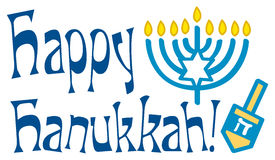 During the Jewish celebration of Hanukkah, a family participates in lighting the menorah each evening to symbolize the eight days that a temple lamp burned—with only enough oil for one day. A menorah holds nine candles: eight candles to represent the eight days of Hanukkah and a helper candle, or shammash, that is used to light the other candles.
During the Jewish celebration of Hanukkah, a family participates in lighting the menorah each evening to symbolize the eight days that a temple lamp burned—with only enough oil for one day. A menorah holds nine candles: eight candles to represent the eight days of Hanukkah and a helper candle, or shammash, that is used to light the other candles.
LUCIADAGEN
The Swedish festival of lights is named for St. Lucia, the queen of lights.
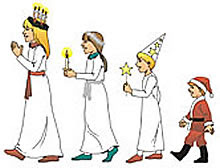 Remembering her serves as a reminder that brighter days will follow the dark days of winter. To celebrate, a family chooses a daughter to portray St. Lucia on December 13. She wears a white robe with a red sash and an evergreen crown sporting candles. Then she serves her family coffee and special sweet buns.
Remembering her serves as a reminder that brighter days will follow the dark days of winter. To celebrate, a family chooses a daughter to portray St. Lucia on December 13. She wears a white robe with a red sash and an evergreen crown sporting candles. Then she serves her family coffee and special sweet buns.
LAS POSADAS
In Mexico and parts of the United States, the days from December 16 to Christmas Eve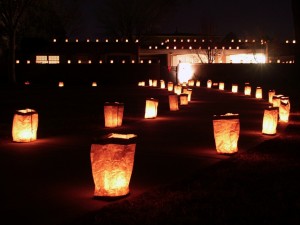 are designated as Las Posadas. This celebration is a reenactment of the journey made from Nazareth to Bethlehem. During Las Posadas, celebrants line driveways and walkways with luminaria (bags partially filled with sand and lit by small votive candles) to extend a welcoming glow to participants.
are designated as Las Posadas. This celebration is a reenactment of the journey made from Nazareth to Bethlehem. During Las Posadas, celebrants line driveways and walkways with luminaria (bags partially filled with sand and lit by small votive candles) to extend a welcoming glow to participants.
CHRISTMAS
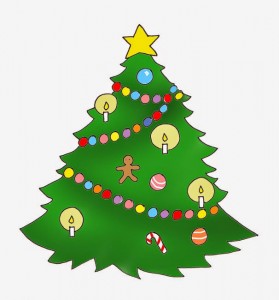 Christmas is celebrated by Christians in many countries around the world. It is a time for Christians to celebrate the birthday of Jesus. We will explore some of the customs and symbols used to celebrate Christmas.
Christmas is celebrated by Christians in many countries around the world. It is a time for Christians to celebrate the birthday of Jesus. We will explore some of the customs and symbols used to celebrate Christmas.
KWANZAA
The African-American celebration known as Kwanzaa (December 26-January 1) centers around the lighting of candles. A special candleholder, the kinara, holds three red candles, one black candle, and three green candles. A different candle is lit every night to represent a different Kwanzaa principle. This special celebration is designed to help families express their values and to “light the lights” of respect for their ancestors.
Thank you!
Kindergarten Teachers,
Bobbi Adams, Shannon Svoboda, Karen Langan, Dottie Kitchen
Amanda Williams, (and our wonderful student teacher, Connor Williams)
Read on for more information about our upcoming reading curriculum…
Dear Family Member:
This week our class will be focusing on different jobs that people have in the community. Children will read stories and learn about the tools and equipment that workers use.
Here are some activities that you can do with your child to help reinforce the skills we will be practicing.
Word Workout
- Vocabulary: equipment, uniform Brainstorm some different kinds of workers in your community. Encourage your child to tell about the equipment a worker uses and the uniform a worker wears.
High-Frequency Word: you With your finger, spell out the word you on your child’s arm. Next, encourage your child to think of a sentence that includes the word you. Write it down.
Category Words: jobs Play a game called “Guess the Worker.” Give your child clues about what a worker does and act it out. Encourage your child to guess the job.
Phonics: o Help your child think of words that begin with or include the letter o. Then ask your child to underline the letter o in each word.
Comprehension: key details
Week 2:
This week, our class will be reading about different cultures that make up the communities around the world. Your child is learning how to appreciate the different customs that people share.
Here are some activities that you can do with your child to help reinforce the skills we will be practicing.
Word Workout
- Vocabulary: cultures, appreciate Visit a library and read stories about children from different cultures. Initiate a discussion about how your culture is similar to other cultures.
High-Frequency Word: do Have your child practice writing the word do. Think of things your child likes and doesn’t like, and ask simple questions. Encourage your child to respond with the words I do or I do not.
Category Words: kinds of foods Use sticky notes to make labels for different foods in your kitchen. Help your child sound out each word and write it. Then affix the label on the food.
Phonics: d Search for objects that begin or end with the letter d. Make a list of the words. Encourage your child to read each word and then underline the letter d.
Comprehension: character, setting, events
Read a story about a child from a different culture. Then invite your child to draw pictures of the main character, the setting, and an important event that happened in the story.
Week 3:
This week, our class will be reading stories about how a community changes their environment—such as by building roads, playgrounds, and community gardens—to improve it.
Here are some activities that you can do with your child to help reinforce the skills we will be practicing.
Word Workout
- Vocabulary: community, improve Take a walk or drive around your community. Point out ways that the community is working hard to improve.
High-Frequency Words: to, and, go, you, do Write each of the words on paper and ask your child to trace them. Then write a sentence using each word.
Category Words: position words Play “Simon Says” using position words, such as up, down, over, under, front, back, first, next, and last.
Phonics: i, n, c, o, d Play a guessing game with your child. Ask your child to think of things that begin with each letter.
Comprehension: key details in sequence
Read a short story to your child. Then ask your child to order the story’s pictures by writing first, next, or last under the pictures. Invite your child to retell the story.
